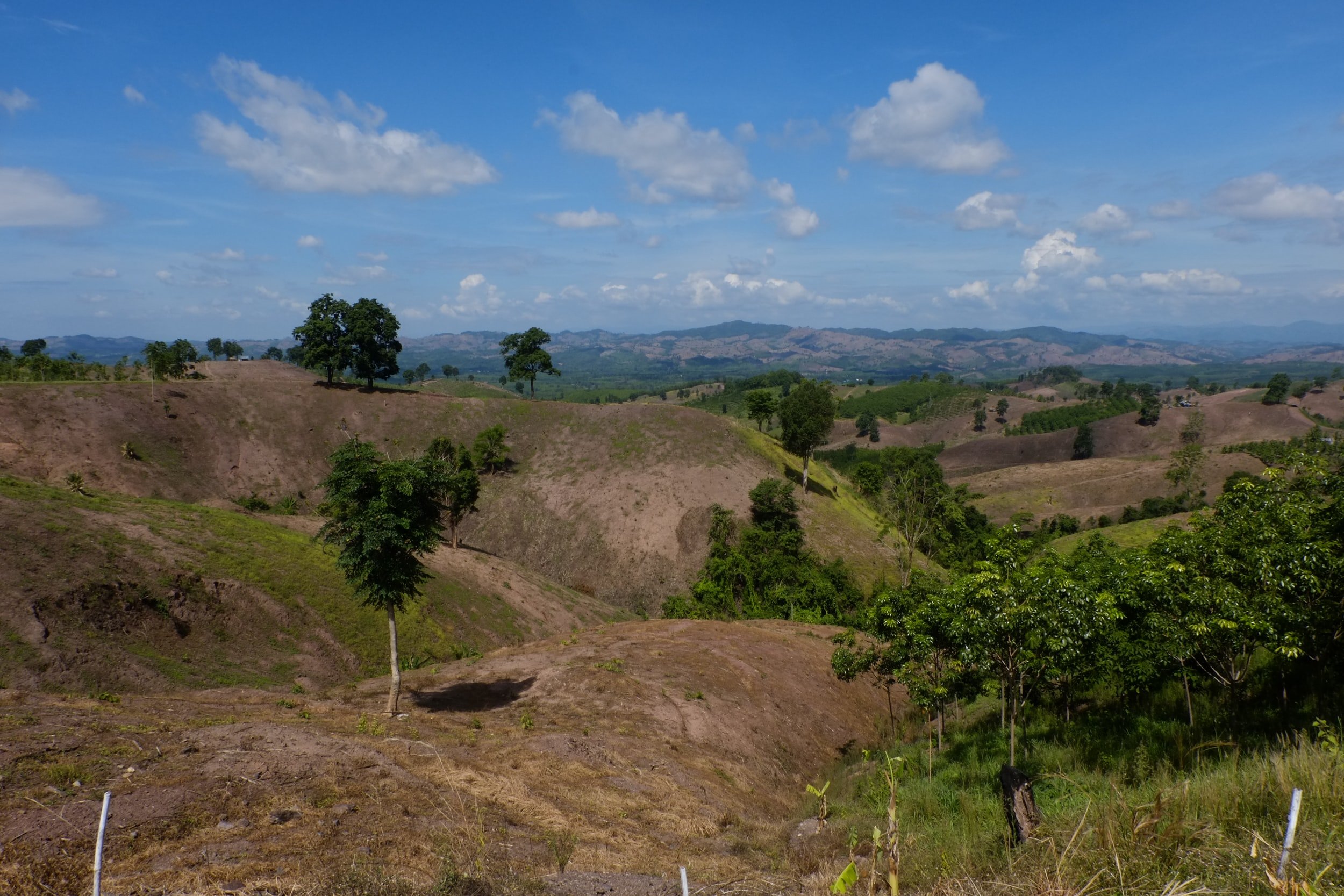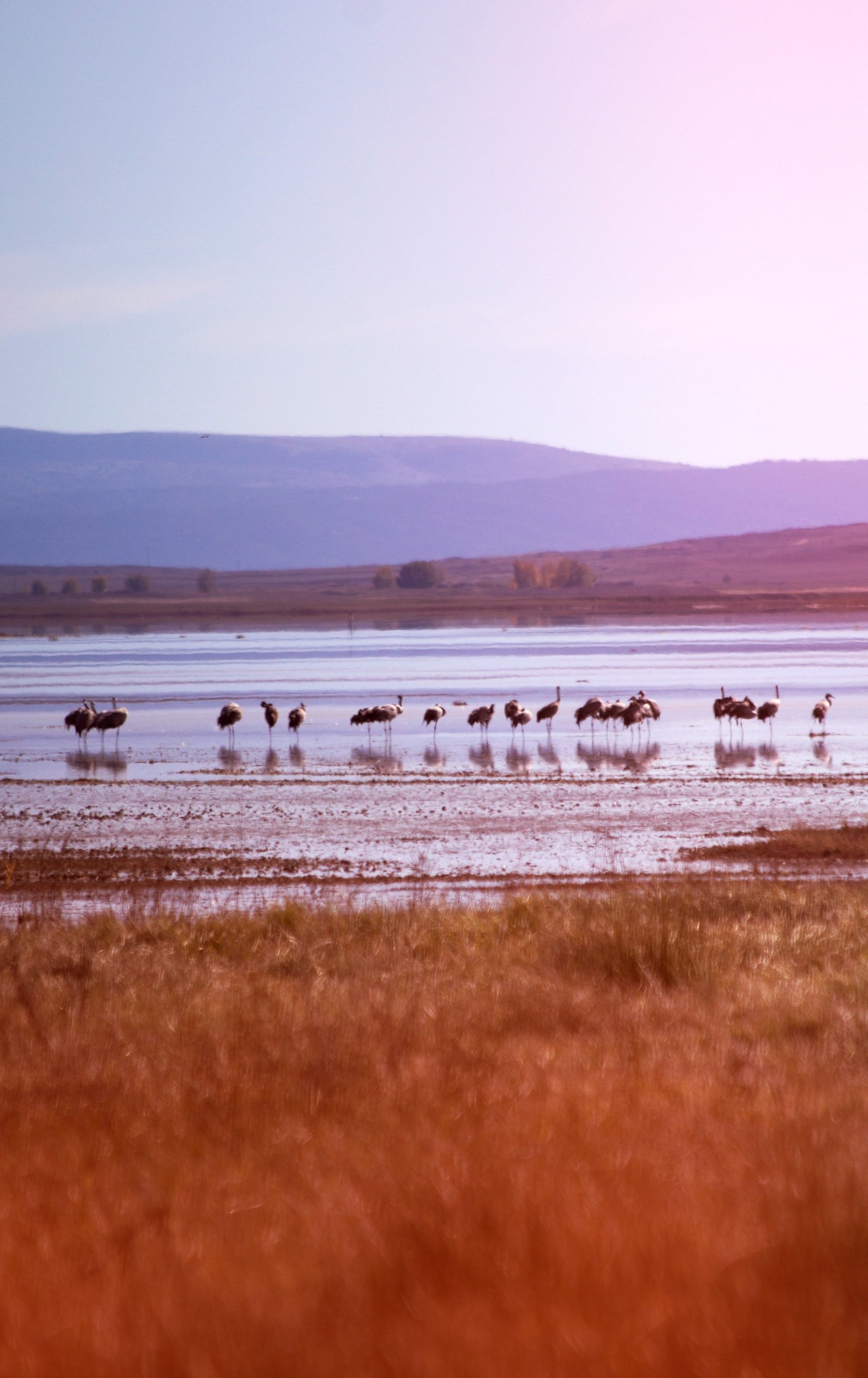
Loss Of Biodiversity
What is biodiversity loss?
Biodiversity is the biodiversity and variability of life on Earth. Biodiversity includes microorganisms, plants, animals, and ecosystems such as coral reefs, forests, rainforests, deserts, etc. Biodiversity loss refers to the reduction or disappearance of biodiversity, which has declined at an alarming rate in recent years, mainly because of human activities.
How does biodiversity loss affect us?
Biodiversity loss can have significant direct impacts on human health if ecosystem services are no longer sufficient to meet societal needs. Changes in ecosystem services can indirectly affect livelihoods, incomes, local migration, and sometimes even cause or exacerbate political conflict.
Causes of biodiversity loss
Biodiversity loss is caused by five main drivers: habitat loss, invasive species, overexploitation (extreme hunting and fishing pressure), pollution, and climate change associated with global warming. Humans influence biodiversity through population numbers, land use and lifestyles, resulting in the destruction of species habitats.
What can we do to stop biodiversity loss?
- Government legislation.
- Nature Reserve.
- Reduce invasive species.
- Habitat restoration.
- Captive breeding and seed bank.
-Research.
- Reduce climate change.
- Buy sustainable products.
But the most important thing is to notice the problem, that way, one day, loss of biodiversity won’t be a problem for the word.

Author: Zengtao Liang
Contact: b2645496319@gmail.com
Editor: Kelly Ni
